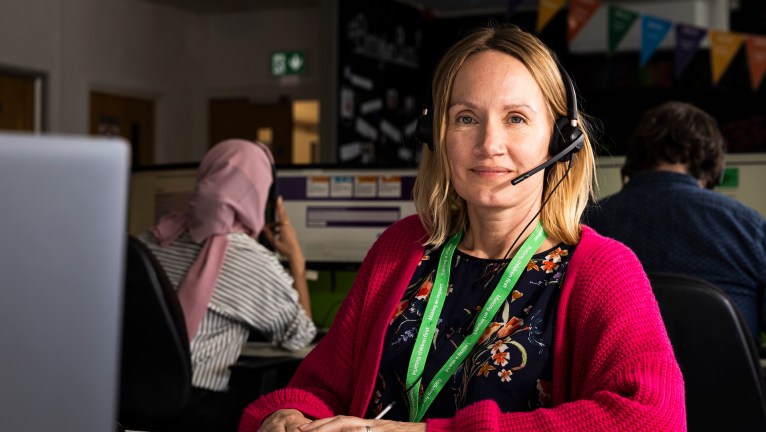One in six children are now estimated to have a mental health problem. That’s an increase of 50 per cent in the last three years, according to the latest Children’s Commissioner report. But despite these numbers, only four per cent of children had access to mental health services in 2019/20. The majority waited weeks or even months for treatment.
It is no surprise that the combination of school closures and another nationwide lockdown has taken a huge toll on children’s mental health. Anne Longfield, the Children’s Commissioner for England, called it “widely accepted” that lockdowns have had a “detrimental effect on the mental health of many children”, urging the Government to plan for how schools will reopen.
But children are not the only young people suffering an increase in mental health problems as a result of the pandemic. A recent study by theOffice for National Statistics found 63 per cent of university students have reported a worsening in their mental health since the start of the academic year, compared with 57 per cent in November.
Lockdowns have taken income away from hundreds of Big Issue sellers. Support The Big Issue and our vendors by signing up for a subscription.
As a finalist at the University of Warwick, I am very aware of the impact of another lockdown on the student mental health crisis in the UK. Having struggled with mental health problems in the past, it saddens me to see so many young people without access to support.
Since the start of the pandemic, student suicide rates have risen at universities across the UK. In October,eight students died in university halls, with the National Union of Students calling for ‘urgent action’ from the Government to provide greater support to those struggling. When the Prime Minister first announced this third lockdown, he failed to make any mention of university students, however.
Being isolated from friends and family at such a critical point in our education is extremely dangerous for student mental health. Before the pandemic, I was excited to attend classes and write essays on subjects that really interested me. Now, thanks to the lockdown, I am struggling to find the motivation to even get out of bed in the morning. It is a vicious cycle of attempting to do work, finding that I have no motivation, then beating myself up for not doing anything. I am far from the only one.









